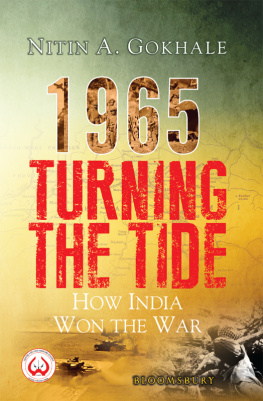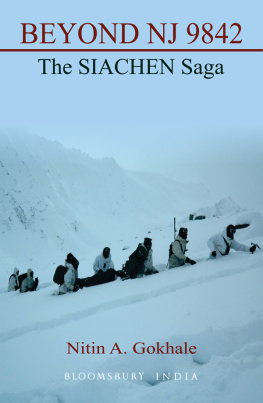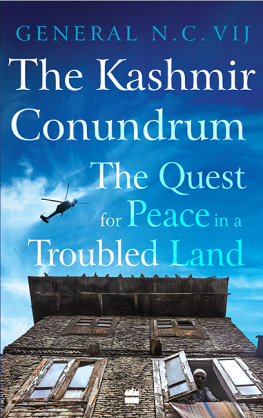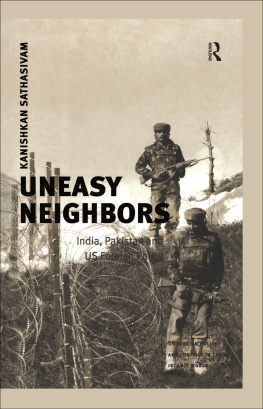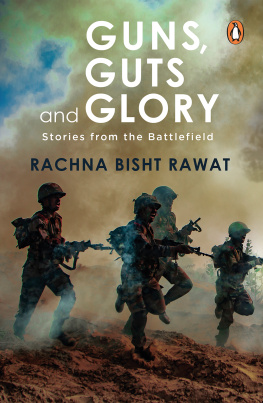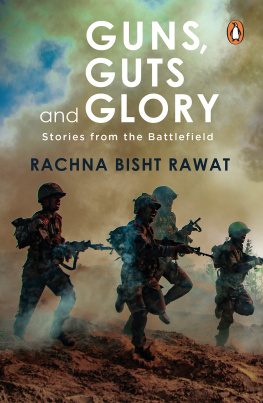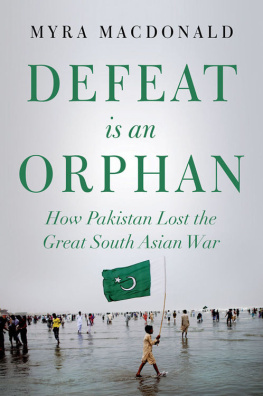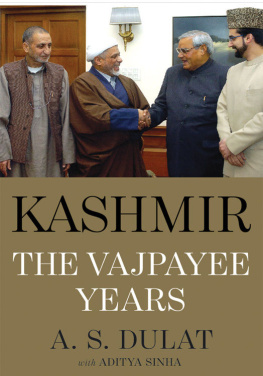Contents
Guide

Indian Army
Indian Navy
Lt. Gen B.S. Nagal
Claws Faculty
Brig. Shamsher Singh (Retd)
Col. Gajendra Salklan (Retd)
War History Division, MOD
Western Army Command
Lt Gen Rakesh Sharma, Adjutant General, Indian Army
Lt Gen Shokin Chauhan, ADG (PI), Indian Army
The Entire ADG (PI) Team



Agreement between the Government of India and Government of Pakistan Relating to Ceasefire and the Restoration of the Status Quo as on 1 January 1965 in the Gujarat/West Pakistan Border and Determination of the Border in that Area
New Delhi, 30 June 1965
WHEREAS both the Governments of India and Pakistan have agreed to a ceasefire and to restoration of the status quo as at 1 January 1965, in the area of the Gujarat/West Pakistan border, in the confidence that this will also contribute to a reduction of the present tension along the entire Indo/Pakistan border;
WHEREAS it is necessary that after the status quo has been established in the aforesaid Gujarat/West Pakistan border area, arrangements should be made for determination and demarcation of the border in that area; NOW THEREFORE, the two Governments agree that the following action shall be taken in regard to the said area:
Article 1 There shall be an immediate ceasefire with effect from 0030 hrs GMT 1 July, 1965.
Article 2 on the ceasefire:
(i) All troops on both sides will immediately begin to withdraw;
(ii) This process will be completed within seven days;
(iii) Indian police may then re-occupy the post at Chhad Bet in strength no greater than that employed at the post on 31 December 1964;
(iv) Indian and Pakistan police may patrol on the tracks on which they were patrolling prior to 1 January 1965, provided that their patrolling will not exceed in intensity that which they were doing prior to 1 January 1965 and during the monsoon period will not exceed in intensity that done during the monsoon period of 1964;
(v) If patrols of Indian and Pakistan police should come into contact they will not interfere with each other, and in particular will act in accordance with West Pakistan/India border ground rules agreed to in January 1960;
(vi) Officials of the two Governments will meet immediately after the ceasefire and from time to time thereafter as may prove desirable in order to consider whether any problems arise in the implementation of the provisions of paragraphs (iii)to (v) above and to agree on the settlement of any such problem.
Article 3
(i) In view of the fact that:
(A) India claims that there is no territorial dispute as there is a well-established boundary running roughly along the northern edge of the Rann of Kutch as shown in the pre-partition maps, which needs to be demarcated on the ground;
(B) Pakistan claims that the border between India and Pakistan in the Rann of Kutch runs roughly along the 24th parallel as is clear from several pre-partition and post-partition documents and therefore the dispute involves some 3,500 square miles of territory;
(C) At discussions in January 1960, it was agreed by Ministers of the two Governments that they would each collect further data regarding the KutchSind boundary and that further discussions would be held later with a view to arriving at a settlement of this dispute; as soon as officials have finished the task referred to in Article 2 (vi), which in any case will not be later than one month after the ceasefire, Ministers of the two Governments will meet in order to agree on the determination of the border in the light of their respective claims, and the arrangements for its demarcation. At this meeting and at any proceeding before the Tribunal referred to in Article 3 (ii) and (iv) below, each Government will be free to present and develop their case in full.
(ii) In the event of no agreement between the Ministers of the two Governments on the determination of the border being reached within two months of the ceasefire, the two Governments shall, as contemplated in the joint communiqu of 24 October 1959, have recourse to the Tribunal referred to in (iii) below for determination of the border in the light of their respective claims and evidence produced before it and the decision of the Tribunal shall be final and binding on both parties.
(iii) For this purpose there will be constituted, within four months of the ceasefire, a Tribunal consisting of three persons, one of whom would be a national of either India or Pakistan. One member shall be nominated by each Government and the third member, who will be the Chairman, shall be jointly selected by the two Governments. In the event of the two Governments failing to agree on the selection of the Chairman within three months of the ceasefire, they shall request the Secretary-General of the United Nations to nominate the Chairman.
(iv) The decision of the Tribunal referred to in (iii) above shall be binding on both Governments, and shall not be questioned on any ground whatsoever. Both Governments undertake to implement the Findings of the Tribunal in full as quickly as possible and shall refer to the Tribunal for decision of any difficulties which may arise between them in the implementation of these findings.
For that purpose the Tribunal shall remain in being until its findings have been implemented in full.
IN WITNESS WHEREOF the undersigned have signed the present Agreement.
DONE in duplicate at New Delhi, this thirtieth day of June, 1965, in the English language.
For the Government of India Sd/- M. AZIM HUSAIN
For the Government of Pakistan Sd /- M.A. HUSAIN
(Incidentally, the two signatories from the opposite sides were related to each other.)

[Text of Prime Minister Shastris broadcast to the Nation, New Delhi, September 3, 1965]
MY FELLOW COUNTRYMEN: I speak to you tonight to acquaint you with the situation that has arisen as a result of Pakistans aggression against us and to share with you the anxieties and the responsibilities devolving on us in this critical hour. As you know, on September I, Pakistan mounted a heavy attack in brigade strength in the Chhamb sector of Jammu. The attack was supported by heavy artillery and tanks of the Pakistan army. Our Armed Forces went into action against them and knocked out several tanks and many army vehicles. Pakistans initial thrust has been halted. An instance of what Pakistan is doing in that area is the bombing by the Pakistan Air Force of civilians, killing many men, women and children, as well as destroying a mosque. The people of Jammu and Kashmir are facing the situation with great fortitude. I wish to pay a warm tribute to our security forces. The whole nation is proud of them and has the fullest confidence in their ability to defend the country. The whole country stands behind them.
The attempt of the armed raiders who had entered Kashmir earlier to damage bridges and administrative and military centres and to commit other acts of sabotage, has largely failed. The raiders failed also in enlisting the sympathy of the local population. In fact, they had to indulge in acts of loot and arson to sustain themselves. The raiders were able to move about in villages for a few days under the cover of darkness, but this phase is now over and many of the infiltrators have been driven to seek cover in thick jungles. The presence of these infiltrators within Kashmir and their sporadic attempts at sabotage make it essential that we should be constantly alert and vigilant.

